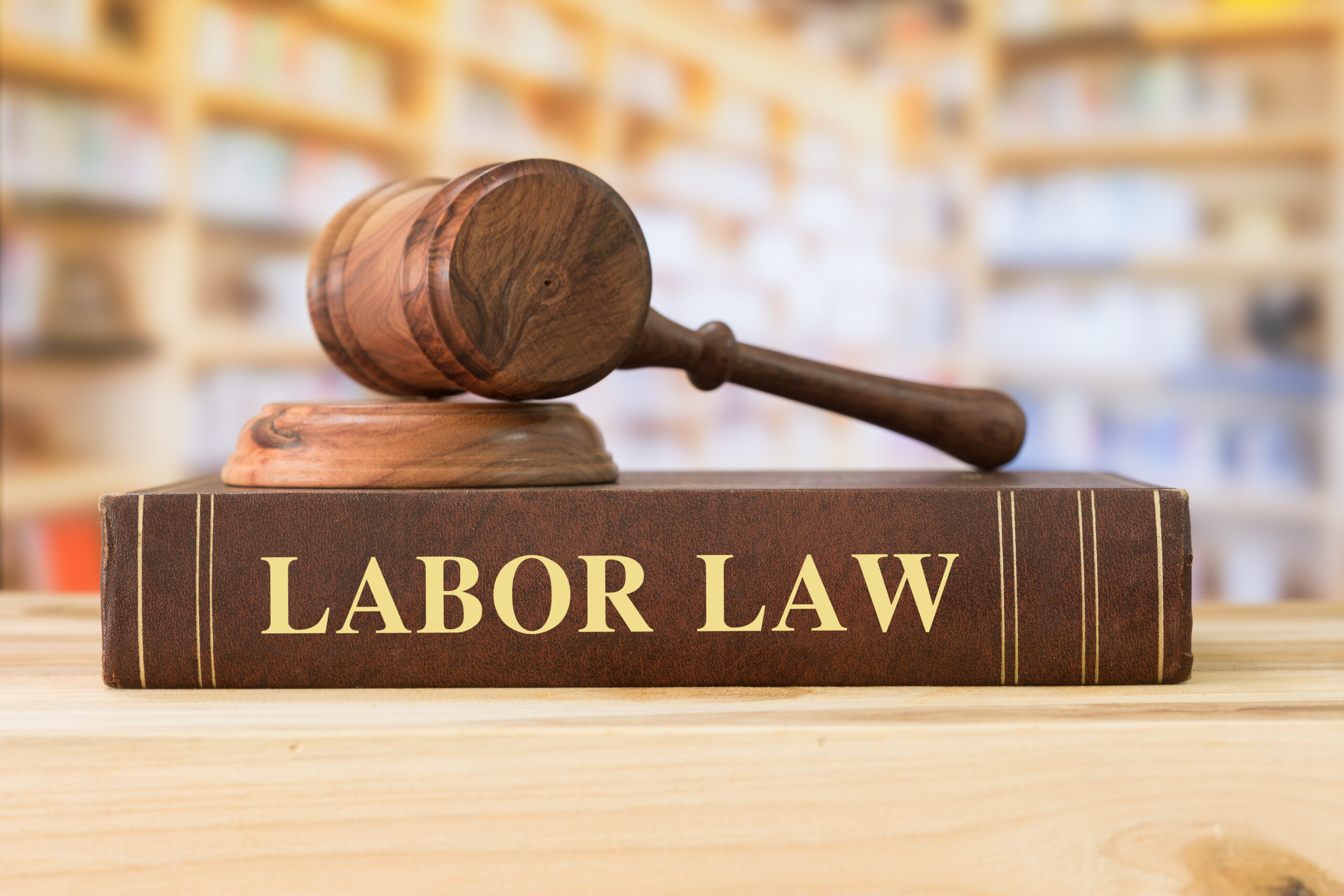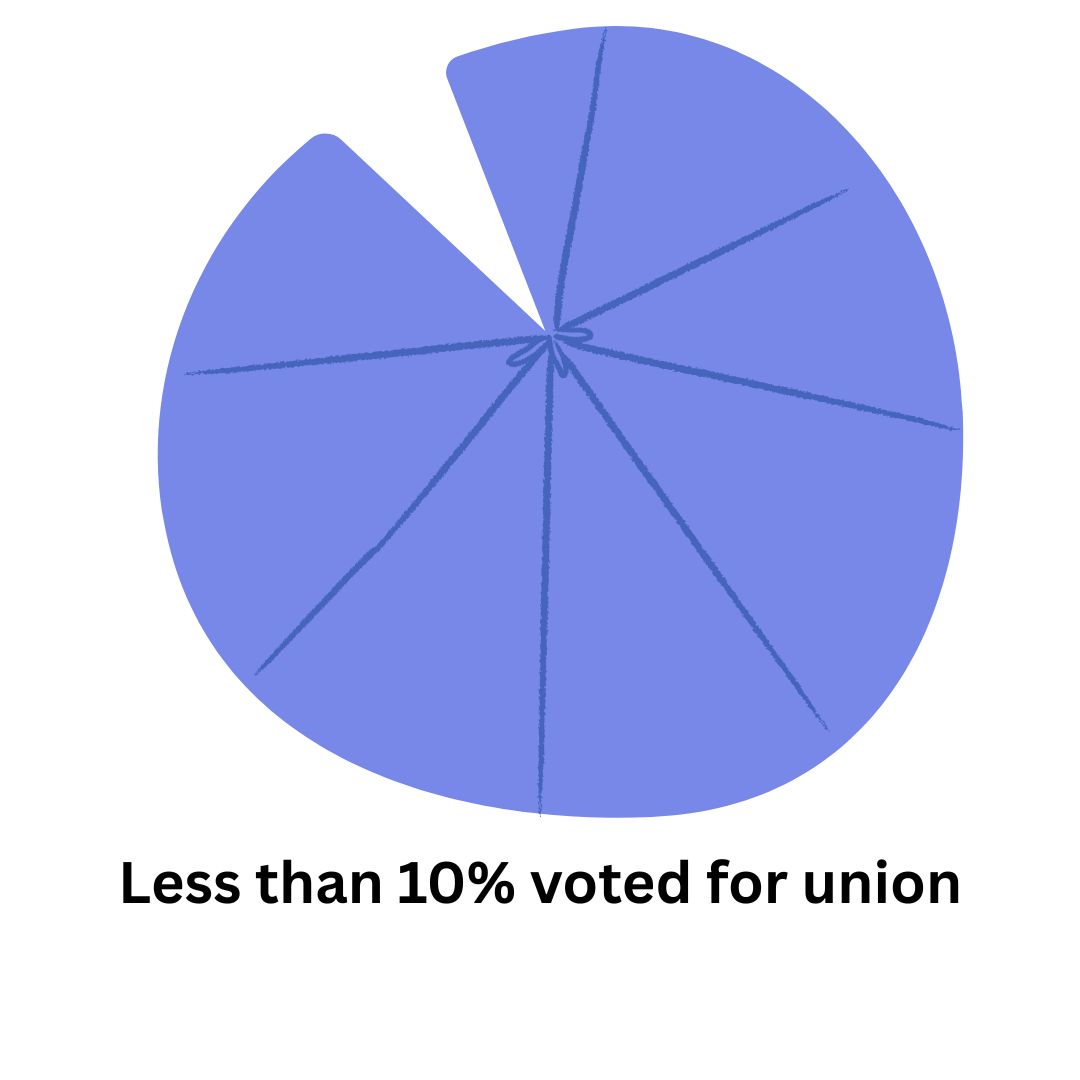Posts tagged threshold

Democracy in the Workplace Is Under Threat
June 30, 2025 // The National Labor Relations Board, which the NLRA created, initially agreed with the majority-of-a-unit standard. In a 1936 decision involving Chrysler, the board rejected a unionization election in which only 125 out of an eligible 700 workers had voted. While 97 percent of the voting workers supported organizing, the board rightly concluded that a mere 17 percent of workers didn’t represent the views of the majority. The law’s text required that ruling. But the NLRB reversed course within months, giving a minority of workers the power to determine the majority’s future in a case involving newspaper workers. In a separate decision, the board declared that it couldn’t require a majority of workers to vote in favor of unionization, nor could it require the lower bar of a quorum. The NLRB, in the 1930s, defended its rejection of the law’s plain text by saying that, with a majority requirement, “the purpose of the [NLRA] would be thwarted.” But the board itself is doing the thwarting of workers’ rights and workplace democracy.

Federal government reverses course on Florida union law, appeals court holds lawsuit
June 16, 2025 // An appeals court Tuesday put on hold a lawsuit that Florida filed against the federal government, after the Trump administration reversed course on a controversial 2023 state law that placed restrictions on public-employee unions. The law included a series of restrictions, including preventing most public employees from having dues deducted from their paychecks and requiring unions to be recertified as bargaining agents if fewer than 60% of eligible employees pay dues. The lawsuit deals with interplay between the state law (SB 256) and a longstanding federal law designed to ensure that transit workers’ collective-bargaining rights are protected before federal transit money is provided to local agencies.

County workers vote to unionize (Fairfax County, Virginia)
June 4, 2025 // First, however, the county must recognize the vote’s result. Thousands of workers can negotiate their pay, work benefits, and conditions through the union if recognized. “This historic victory is the result of nearly two decades of tireless organizing,” LaNoral Thomas, president of SEIU Virginia 512, told the Fairfax County Times. “Our union, alongside allies in the labor movement, played a leading role in overturning a 45-year ban on collective bargaining in Virginia.” “The journey began in 2006 when the founding president of our Fairfax Chapter began organizing, following a tragic workplace fatality. Her leadership and the unwavering dedication of workers across the county have led us to this pivotal moment,” Thomas continued.
COLORADO: As expected, Gov. Polis vetoes bill changing unionization requirements
May 19, 2025 // Lawmakers passed the bill at the end of the legislative session after negotiations between labor leadership and the business community failed. Democrats were hoping Polis would have a change of heart. "I would think as the figurehead of the Democratic party," Rep. Jennifer Bacon, who sponsored the bill, said on the House floor last Monday. "He will do what Democrats ask him to do and what Democrats worked on. I have faith that he will do it. He will sign this bill." That didn't happen. In his veto letter, Polis said he was open to changing the law but thinks there should be a higher threshold when voting for dues deductions.
Op-Ed: Question 3 Still a Question: Massachusetts’ Experiment in Sectoral Bargaining for Gig Workers
April 10, 2025 // These impracticalities explain why Question 3 embraces sectoral bargaining. Under this regime, once the drivers form a union, that union will represent all the drivers in the state, no matter what rideshare company they work for. (Rideshare companies can also team up to simplify the negotiations.) This will put the drivers in a vastly superior bargaining position than if they had to incrementally organize smaller units of drivers or even company by company, as is the norm under the NLRA. Under the NLRA, organizers would next have to get the support of 30% of drivers in a bargaining unit before being able to call an election. But how do organizers reach that 30%? For rideshare drivers, there is no workplace where everyone congregates. The closest equivalent is the airport parking lot, where many drivers wait to get a ride request. But to even encounter 30% of drivers there, much less to convince that 30%, could be a prohibitively high bar. Additionally, driver turnover is high. By the time 30% is convinced, those drivers may have moved on, a new cohort taking their place. Part-timers also pose a problem. For these reasons, Question 3 requires that the would-be union collect signatures from only 5% of Active Drivers (defined as those that have completed more than the median number of rides in the last six months). That is a much more plausible bar to clear, given that rideshare drivers are quite literally a moving target, in time and in space.
Starbucks Barista Asks Labor Board to Overturn Regional Official’s Decision to Continue Blocking Vote to Remove Union
November 21, 2024 // Smith’s appeal challenges the regional NLRB’s refusal to reinstate her decertification petition, which it is still stonewalling despite the resolution of SBWU union officials’ charges against Starbucks that were ostensibly the justification for blocking the workers’ petition for a vote to remove the union. Smith argues that the decision is inconsistent not only with the Board’s past reasons for holding up the petition, but also with workers’ right under federal labor law to promptly have an election to remove a union they do not want.

Miami-Dade teachers’ union faces potential decertification
November 17, 2023 // As of last week, only 58.4% of United Teachers of Dade members were paying dues to the union, short of the 60% required by most public sector unions under a new state law. On Friday, the union was set to send a snapshot of membership to the Public Employee Relations Commission, or PERC, the state agency that regulates public employee unions.
Which States Are Best for Remote Workers?
March 2, 2023 // Remote work has proliferated as a work arrangement since the COVID-19 pandemic began in 2020. While its popularity has declined since its Spring 2020 peak, remote work remains far more common today than it was before the pandemic (see Figure 1). Research from Nicholas Bloom and others found that last month, nearly 13 percent of workers were fully remote, and an additional 28 percent worked in a hybrid arrangement.
